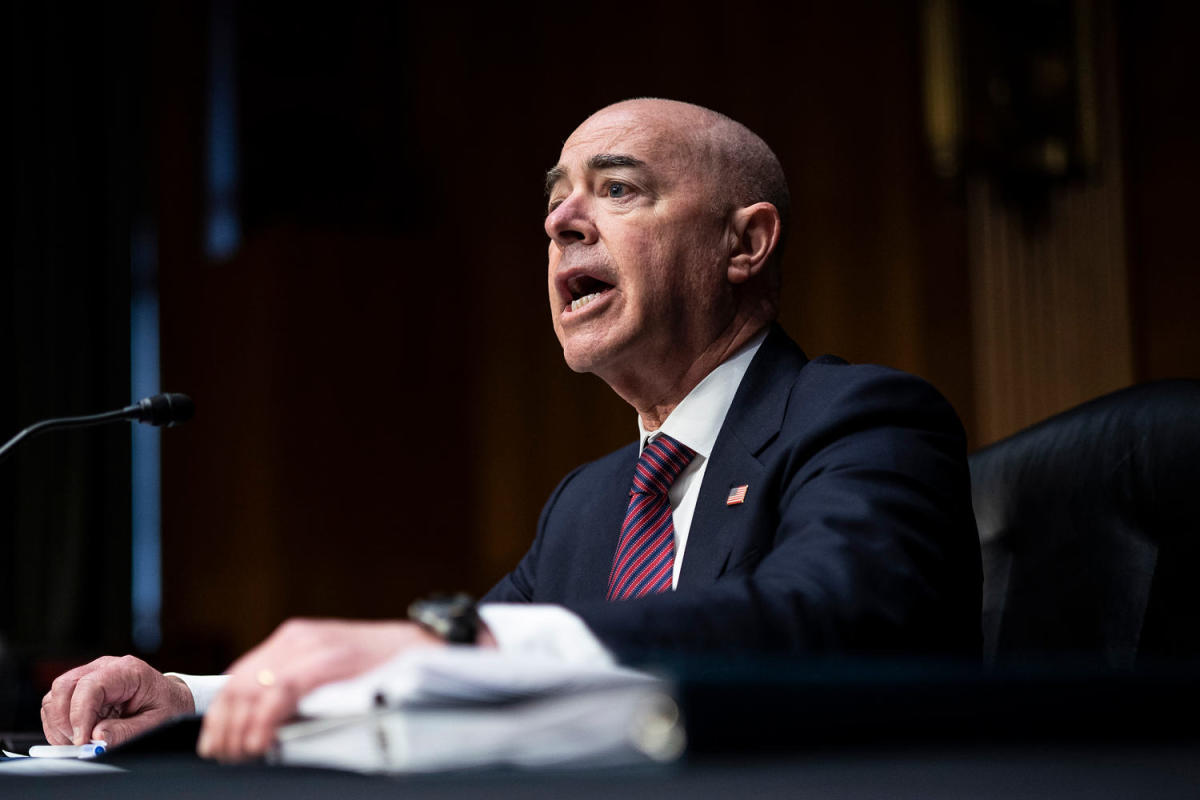Mar. 2—The three Decatur officers accused in a federal lawsuit of failing to intervene to stop former Officer Mac Marquette from allegedly shooting Steve Perkins on Sept. 29 filed a motion Thursday in U.S. District Court to dismiss the suit.
Christopher Mukaddam, Joey Williams and Vance Summers were disciplined along with Marquette on Dec. 7 for their role in Perkins’ death. Three were fired from the Decatur Police Department and a fourth was suspended. The city has not named which officer was suspended.
Mukaddam, Williams and Summers “exhibited a flagrant disregard for (Perkins’) federally secured constitutional rights” by participating in a vehicle repossession and failing to stop the “unprovoked and unjustified” use of force by Marquette, according to the civil suit.
Attorney J. Bentley Owens, who represents Mukaddam, Williams and Summers, argued that the suit against his clients should be dismissed for failing to prove that their alleged actions caused the death of Perkins. Barring dismissal, Owens argued that his clients are entitled to qualified immunity and state agent immunity.
The lawsuit is separate from the ongoing criminal case against Marquette, the only former officer charged in Perkins’ death. He was indicted by a Morgan County grand jury for murder on Jan. 5. He has pleaded not guilty.
The motion to dismiss the suit necessarily presumes the events described by the plaintiff are true. The defendants are effectively arguing that even if the allegations are true, the lawsuit has no basis.
Owens first argues that the plaintiff failed to state a claim for the officers’ failure to intervene to prevent the shooting; however, he concedes that an officer can be liable for failing to intervene when another officer uses excessive force.
“This liability, however, arises only when the officer is in a position to intervene and fails to do so,” Owens argues. “Plaintiff’s allegations — on their face — demonstrate that Officers Mukadam, Williams, or Summers were not in a position to intervene to stop Officer Marquette from shooting Perkins, the act forming the basis of the purported constitutional violation.”
Citing the original complaint, Owens points out that Perkins allegedly had “no time” to respond to Marquette’s verbal commands before Marquette began shooting. Therefore, the assertion that Mukaddam, Williams and Summers had “ample time” to stop Marquette is “not logically consistent” with a “failure to intervene cause of action,” according to Owens.
Owens also argues that the plaintiff failed to state a claim for wrongful death.
“First, Plaintiff contends that the officers failed to announce their office when they arrived at Perkins’ home,” the motion reads. “But Marquette’s act in shooting Perkins is not the natural and probable consequence of such failure.”
The complaint doesn’t describe the actions of the “non-shooting officers” between their alleged concealment and the moment Perkins is shot, according to Owens. Therefore, Owens argues, there is no factual support indicating that the officers were in positions to de-escalate the situation and/or that de-escalation techniques were appropriate.
“Finally, Plaintiff asserts that the non-shooting officers failed to warn Perkins that Marquette intended to use deadly force, but nowhere in the Complaint does Plaintiff provide facts that support the conclusion that the non-shooting officers were aware of such intentions,” the motion reads.
Qualified immunity protects government officials exercising discretionary functions in their individual capacities from suits unless their conduct clearly violates the law or the Constitution.
Lee Merritt, attorney for the Perkins family, argued that Decatur officers conspired to take Perkins’ vehicle unlawfully, thus violating Perkins’ Fourth Amendment constitutional rights.
Owens argues that his clients are entitled to qualified immunity, since “there is little question that the non-shooting officers’ actions here were taken pursuant to their law enforcement authority and in the performance of those duties.”
Alabama Code 6-5-338 provides liability protection for state peace officers performing discretionary functions. As such, Owens argues that his clients are entitled to “state agent” immunity.
Law enforcement activities, including providing protection for a repossession agent, are “inherently discretionary,” according to Owens.
Lawyers for the Perkins family have until March 15 to file a response to the motion to dismiss, according to an order signed by Judge Corey Maze. The defendants will then have until March 22 to file a reply.
Owens and Merritt could not be reached for comment.
— david.gambino@decaturdaily.com or 256-340-2438. @DD_DavidGambino
Signup bonus from




